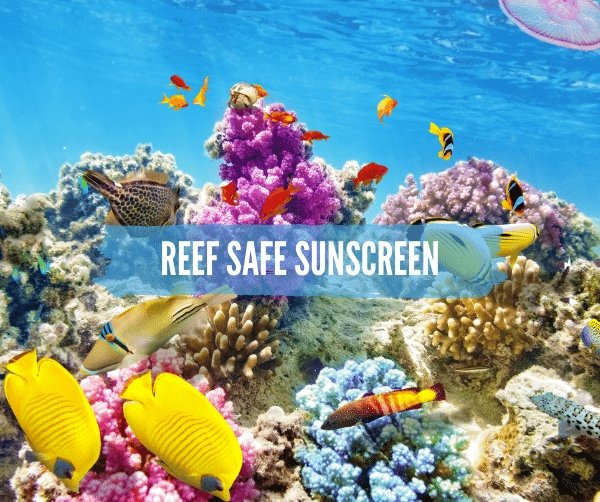Whether you're heading to the beach, a backyard BBQ, the garden or just getting out with your family, protecting your face from harmful UVA and UVB rays is more important than ever. There are tons of options on the market with several different SPF ratings; mineral, whipped, tinted. The basics to protect your skin from skin cancer haven't changed.
What SPF of sunscreen do dermatologists recommend?
According to Vivid Orb, "Dermatologists generally recommend using a sunscreen with an SPF of at least 30. This is because SPF 30 offers the highest level of protection from the sun's harmful UVB rays, blocking out 97% of them.
However, for those who require even more intense protection, higher-number SPFs offer greater results as they block an additional percentage of the UVB rays (although no sunscreen can offer 100% protection). For such individuals, dermatologists may suggest using a sunscreen with an SPF of 50 or higher."
Living on the Gulf Coast, we want to not only protect our skin, we are also concerned about is that a lot of the sunscreens on the market are harmful to marine ecosystems and coral reefs. 
Read Your Ingredients Labels
Harmful Sunscreen chemical ingredients that can harm you and affect marine life.
- Oxybenzone
- Octinoxate
- Octocrylene
- Benzophenone-1
- Benzophenone-8
- OD-PABA
- 4-Methylbenzylidene camphor
- 3-Benzylidene camphor
- nano-Titanium dioxide*
- nano-Zinc oxide*
*Zinc oxide and titanium dioxide are safe as long as they are “non-nano,” since nanoparticles are very small and can be consumed by coral reefs.
The Harm That Can Be Done To Marine Life
- Green Algae: Can impair growth and photosynthesis.
- Coral: Accumulates in tissues. Can induce bleaching, damage DNA, deform young, and even kill.
- Mussels: Can induce defects in young.
- Sea Urchins: Can damage immune and reproductive systems, and deform young.
- Fish: Can decrease fertility and reproduction, and cause female characteristics in male fish.
- Dolphins: Can accumulate in tissue and be transferred to young.
Reef-safe mineral sunscreens don't soak in to the skin. They sit on top of it and block UV rays. You may have to apply it more frequently, but with high SPF, it's effective, better for your skin and the environment.
Here's an updated list of reef safe sunscreens for 2023 according to Travel and Leisure:
- Thinksport SPF 50+ Mineral Sunscreen
- La Roche-Posay Anthelios Gentle Mineral Sunscreen
- Badger Sunscreen Cream
- Alba Botanica Hawaiian Coconut Clear Spray SPF 50
- Black Girl Sunscreen Moisturizing Sunscreen Lotion SPF 30
- Supergoop! Mineral Mattescreen SPF 40 100% Mineral Sunscreen
- Sun Bum Sunscreen Lotion
- California Baby Super Sensitive SPF 30 Lotion
- Shiseido Ultimate Sun Protector Lotion
- All Good Makes Everything Better Face & Body Sunscreen Lotion


